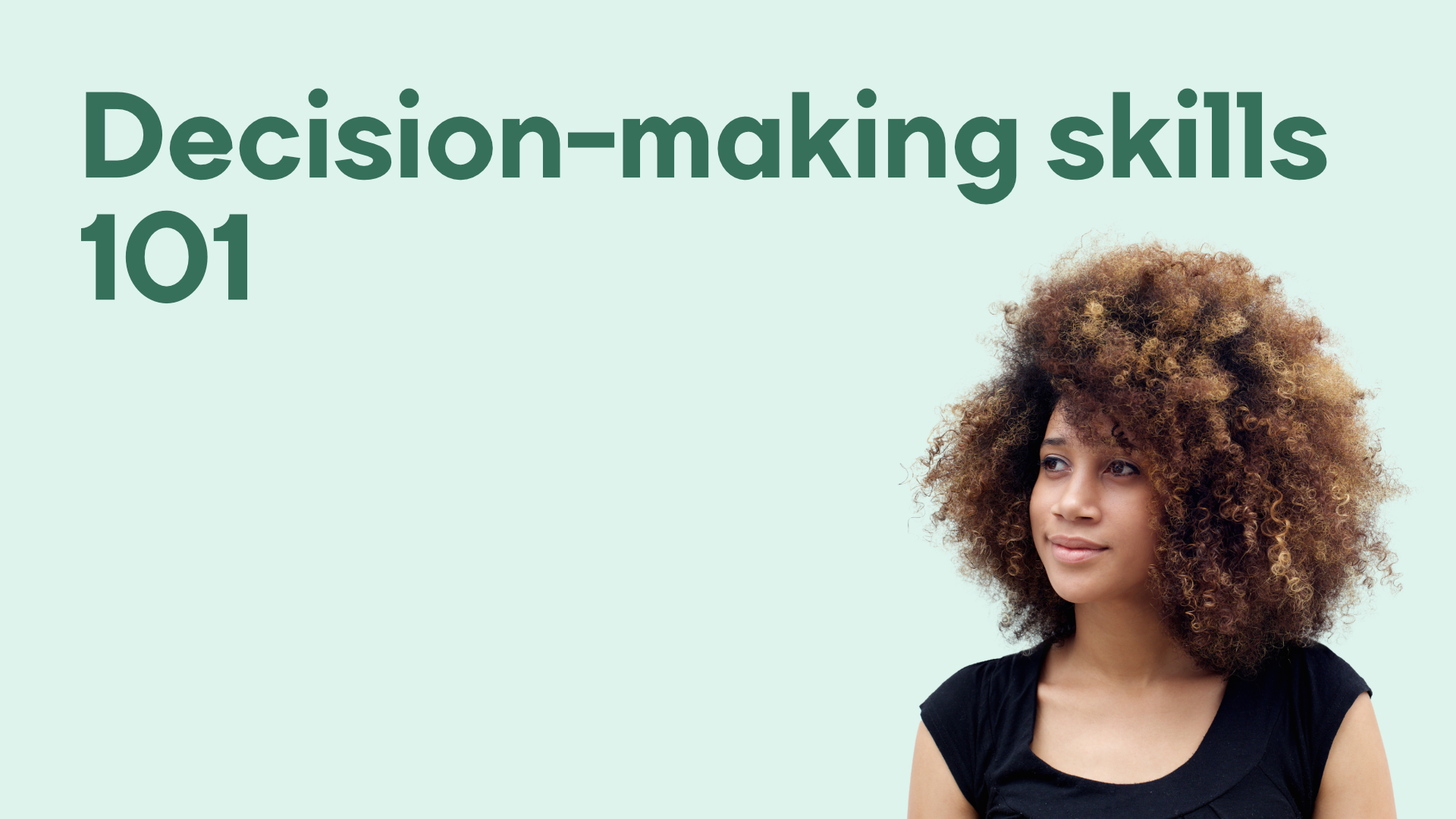Making decisions is a crucial skill that influences our individual and professional lives. Each day, executives are faced with choices that not only affect their own destinies but also the paths of their teams and organizations. Mastering the art of smart decision-making can transform uncertainty into assurance and guide people toward achievement. With the world progressing at an fast pace, it becomes ever more vital to refine our decision-making skills, enhancing our capacity to evaluate choices, consider outcomes, and act with decisiveness.
Leading figures in different fields exhibit a wide range of decision-making approaches that motivate and educate us. From employing intuitive insights to relying on analytical analysis, their methods offer valuable lessons. This article delves into the science behind effective decisions, shares proven techniques to improve decision-making skills, and explores how to make better choices in high-pressure situations. As we discover the intricate dynamics of successful decision-making, you'll find practical tools and insights that empower you to handle both routine challenges and high-stakes scenarios with confidence and clarity.

Strategies for Efficient Decision Making
To enhance decision-making skills, mastering a few key methods can make a significant difference. One established approach is to employ decision making structures, which provide a structured way to evaluate options and results. Techniques such as Strengths-Weaknesses-Opportunities-Threats analysis (assessing advantages, weaknesses, chances, and risks) or the matrix for decision making can help illuminate the various factors at play. By breaking down complex choices into understandable parts, individuals are better prepared to weigh pros and cons efficiently.
Another essential technique to boost decision making is awareness. Practicing mindfulness allows individuals to stop and consider before making choices, reducing impulsivity. Taking a moment to organize ideas and emotions can provide cognitive clarity, especially in tense scenarios. This practice not only encourages more informed decisions but also helps individuals recognize biases or emotional triggers that might hinder their clarity. The strength of taking a break can lead to more deliberate and confident decisions.
Finally, developing EQ plays a key role in decision-making steps. Recognizing one’s own feelings and how they influence decisions can lead to improved results. High performers often balance intuition and logic by considering feelings alongside facts. Conditioning your brain to notice emotional signals can help navigate complex choices, particularly in stressful environments. By blending emotional awareness, individuals can make more informed and compassionate decisions that correspond with their values and aspirations.
The Role of Psychology and Intuition
Comprehending the psychology behind decision-making is essential for positive results. Human decisions are often influenced by mental shortcuts, emotional responses, and peer influences. By acknowledging these mental influences, individuals can steer clear of typical mistakes that lead to poor choices. For example, confirmation bias can skew our view of data, prompting us to only seek out evidence that supports our current beliefs. Confronting these biases demands self-knowledge and a willingness to question our thought processes.
Gut feeling plays a significant role in decision-making, functioning as an inner guide that steers choices based on past encounters and emotions. While intuition can occasionally lead to quick and effective decisions, it is important to combine it with analytical thinking. Top achievers often rely on both gut feelings and data-driven insights, combining instinct with reason to improve their decision process. This two-pronged strategy allows individuals to manage complex circumstances effectively, leveraging both emotional awareness and logical reasoning.
Practicing oneself to harness psychological insights and intuition can lead to improved ability to make choices. Mindfulness techniques can enhance consciousness, allowing individuals to identify when emotions might cloud their decision-making. By training to stop and reflect, decision-makers can make certain that their choices align with their principles and long-term goals. Ultimately, integrating psychological understanding and intuitive insight enables leaders to make assured decisions, even in uncertain circumstances.
Enhancing Fortitude in Decision-Making
Fortitude plays a crucial role in effective decision-making, notably when faced with difficulties and unknowns. It allows people to recover from difficult situations and reevaluate their options with a more focused mindset. Developing fortitude involves accepting failures as educational chances rather than seeing them as ultimate outcomes. By nurturing https://peterashbysmith.com/how-a-coffee-shop-line-taught-me-effective-decision-making/ mindset, decision-makers can enhance their ability to handle through challenges, leading to more informed and confident choices in upcoming contexts.
Additionally, building fortitude requires a solid base of psychological intelligence. Grasping one’s feelings and their effect on choices helps in managing stress and maintaining attention under strain. Managers who foster social awareness are more prepared to make sound decisions, even in the midst of disorder. Implementing self-control and empathetic listening also enhances relationship connections, leading to improved joint choices in organizations.
In conclusion, integrating mindfulness practices can considerably bolster fortitude. Being mindful invites individuals to stay present and fully involve themselves with the judgment process, lessening stress and excessive deliberation. By taking time to reflect, evaluate options thoughtfully, leaders can avoid haste and improve the quality of their decisions. This strategic approach not only strengthens personal judgment but also cultivates a environment of resilience within businesses, leading to sustained success over the years.
